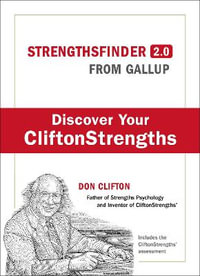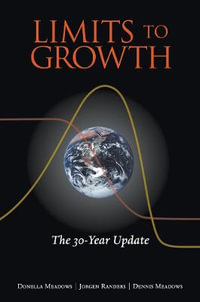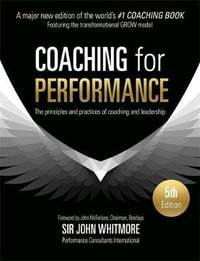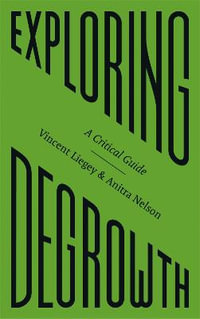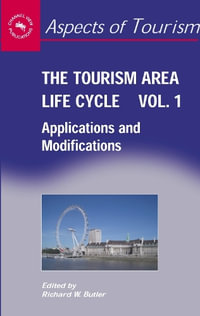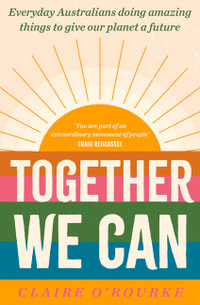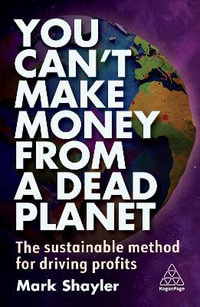For over three decades, the capability approach proposed and developed by Amartya Sen and Martha Nussbaum has had a distinct impact on development theories and approaches because it goes beyond an economic conception of development and engages with the normative aspects of development. This book explores the new frontiers of the capability approach and its links to human development in three main areas. First, it delves into the philosophical foundations of the approach, re-examining its links to concepts of common good, collective agency and epistemic diversity. Secondly, it addresses its 'operational frontier', aiming to give inclusive explanations of some of the most advanced methods available for capability researchers. Thirdly, it offers a wide range of the applications of this approach, as carried out by a mix of renowned capability scholars and researchers from different disciplines. This broad interdisciplinary range includes the areas of human and sustainable development, inequalities, labour markets, education, special needs, cities, urban planning, housing, social capital and happiness studies, among others.
Industry Reviews
'Because of its breadth and depth, this book does not explore just the frontiers of the Capability Approach but also the frontiers of social and economic studies in well-being, freedom and justice. Building bridges between disciplines and tackling diverse topical issues, it represents a real challenge to conventional perspectives on development and quality of life. It is also a great resource for scholars of the capability approaches, both for the fascinating reconstruction by Gay Meeks of the evolution of Amartya Sen's thought and for the other excellent chapters that push the boundaries of the framework.' Pasquale De Muro, Universita degli Studi Roma Tre
'The capabilities approach (CA), and its associated insistence on understanding poverty as a multidimensional phenomenon, is now an established field of scholarship and practice in international development. By simultaneously striving to fortify its theoretical foundations, methodological instruments and policy applications, those extending the pioneering contributions of CA's famous founders now preside over a sophisticated, mature and fruitful body of work. This volume amply showcases both the breadth and depth of these efforts, manifest in an array of countries and sectors.' Michael Woolcock, World Bank and Harvard University, Massachusetts



